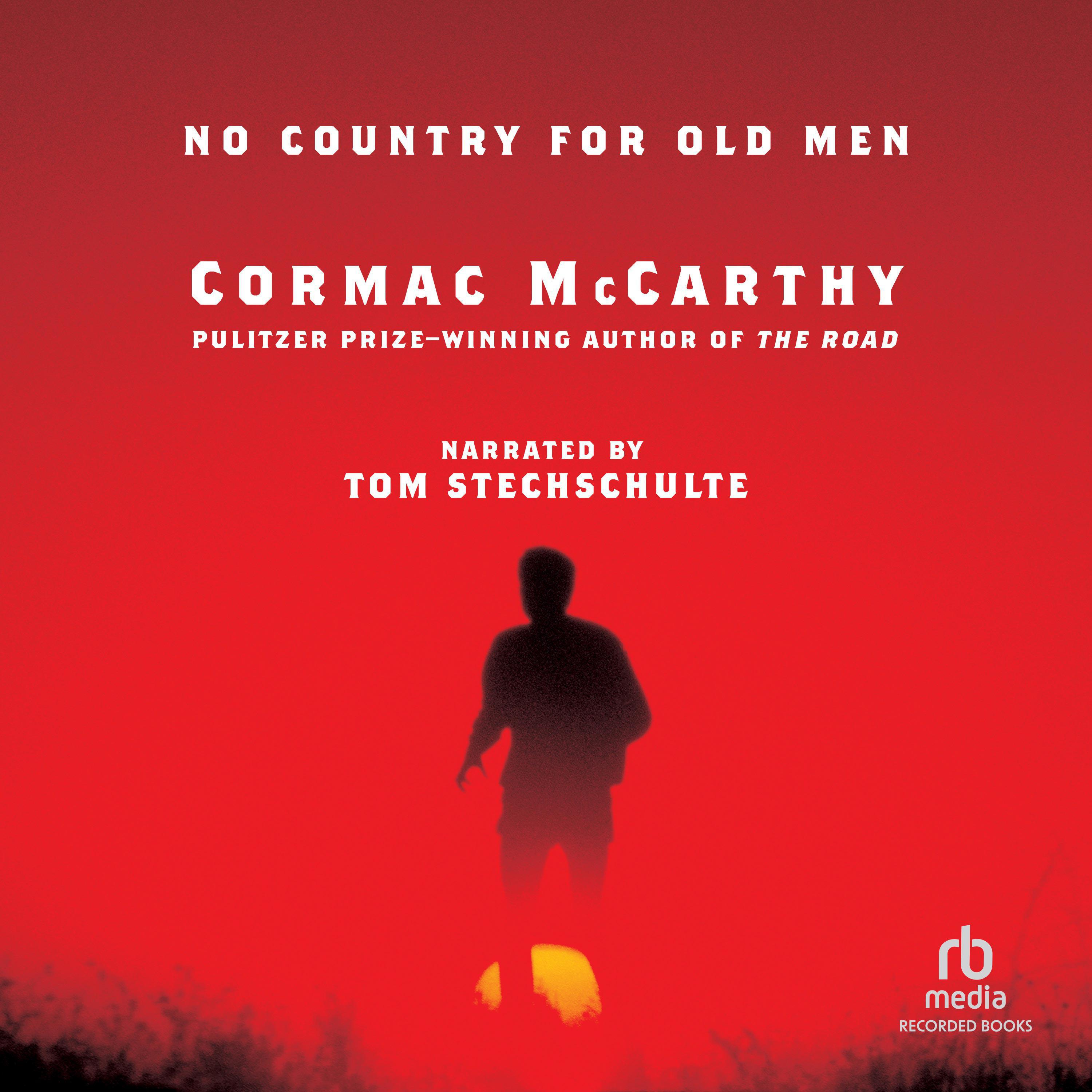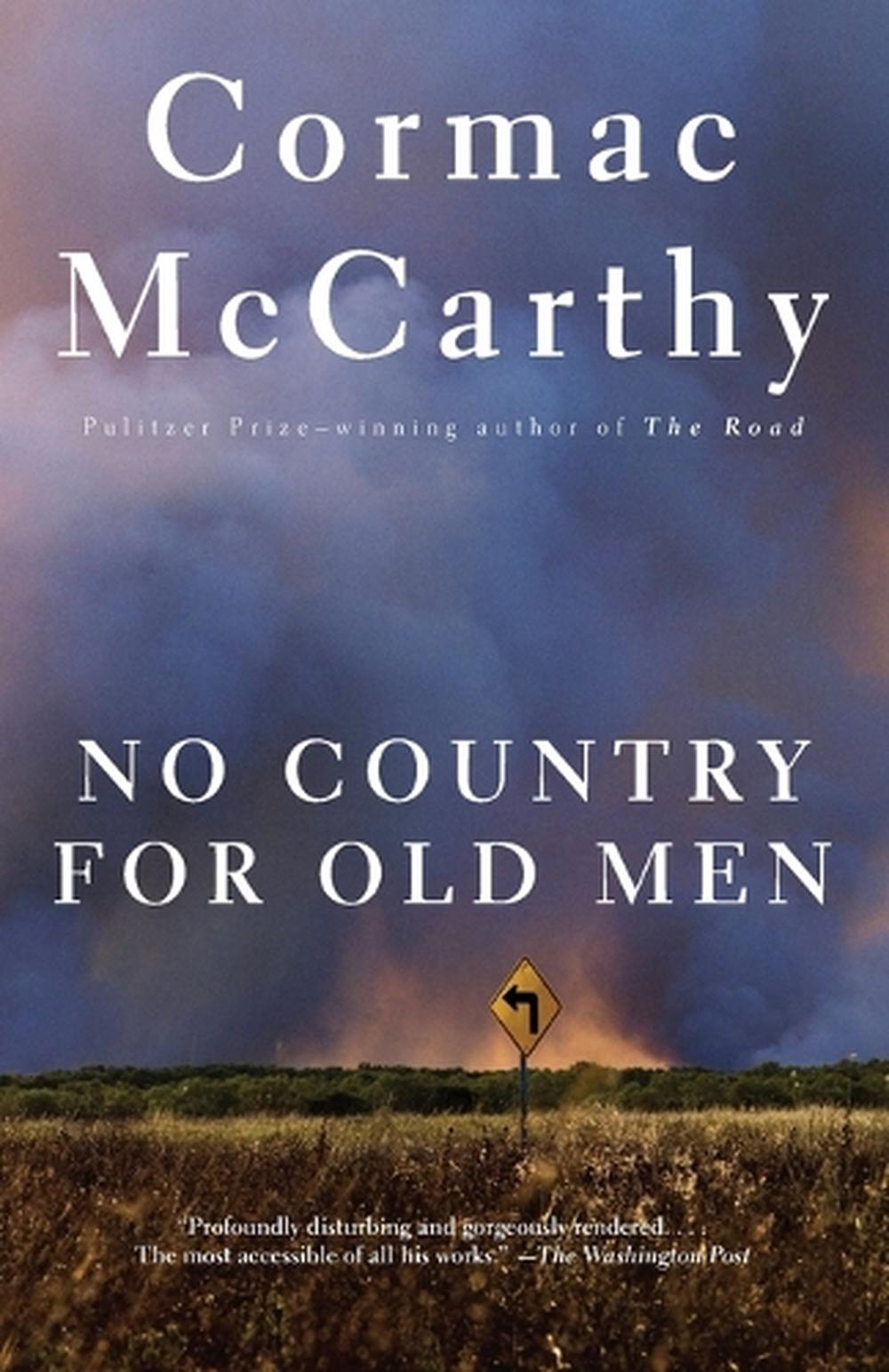

His first novel, “The Orchard Keeper” (1965), has this picture of lightning: “Far back beyond the mountain a thin wire of lightning glowed briefly.” The protagonist of “Child of God” (1973), a psychotic necrophiliac named Lester Ballard, lights a fire in an old grate, and as it races up the disused chimney sees a spider that “descended by a thread and came to rest clutching itself on the ashy floor of the hearth.” How strange and original that “clutching itself” is, and how appropriate that the loveless Lester Ballard might think this way about a spider’s shrivelling. He is also a wonderfully delicate noticer of nature. His sentences are comma-less convoys, articulated only by the Biblical “and”: “They’d had their hair cut with sheepshears by an esquilador at the ranch and the backs of their necks above their collars were white as scars and they wore their hats cocked forward on their heads and they looked from side to side as they jogged along as if to challenge the countryside or anything it might hold.” They take on a hard, obstructive, processional quality this is one of the reasons that McCarthy is so often called a mythic, or Biblical, or primordial writer. He generally disdains the intermediate interference of small-bore punctuation.

He has written extraordinarily beautiful prose. Surely no one disputes McCarthy’s talent. His granitic indifference to his readership only feeds its almost religious loyalty. He lives quietly in New Mexico, and has given just two interviews in the past decade. He is swarmed over by fans, devotees, obsessives, Southern and Southwestern history buffs, and fiercely protective academic scholars. But a balanced assessment has been hard to come by, because his reputation, at least since the publication of “Blood Meridian,” in 1985, has been cultic. (“No Country for Old Men” opens with a prisoner strangling a sheriff’s deputy with the chain of his handcuffs.) Others think his work bombastic, pretentious, or claustrophobically male-locked: McCarthy has a tendency to omit half the human race from serious scrutiny.

Some readers are alienated by his novels’ punctual appointments with blood-soaked violence. There is intense disagreement about McCarthy’s literary status, which his new novel, “No Country for Old Men” (Knopf $24.95), an unimportant, stripped-down thriller, will only aggravate. He is also one of the great hams of American prose, who delights in producing a histrionic rhetoric that brilliantly ventriloquizes the King James Bible, Shakespearean and Jacobean tragedy, Melville, Conrad, and Faulkner. McCarthy is a colossally gifted writer, certainly one of the greatest observers of landscape. To read Cormac McCarthy is to enter a climate of frustration: a good day is so mysteriously followed by a bad one.


 0 kommentar(er)
0 kommentar(er)
